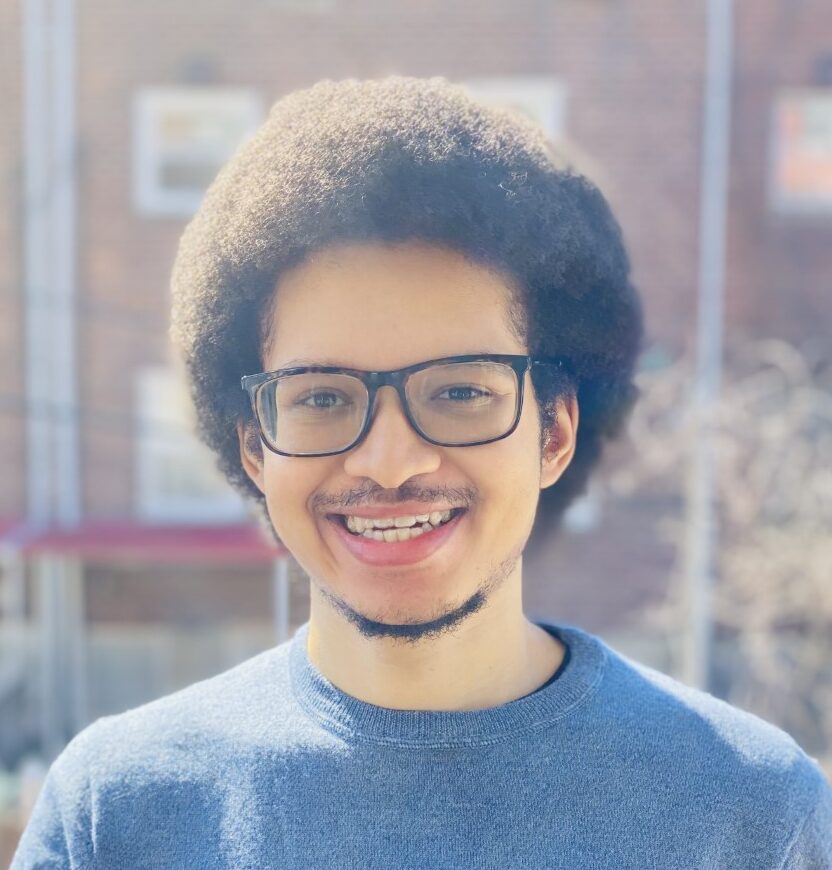As cybersecurity risks rise, longtime City College professor and researcher Dr. Tarek Saadawi continues to pioneer new ways to combat cyber threats.
Saadawi has been at CCNY since 1980 after he received his Ph.D. from the University of Maryland College Park. In the past 15 years, his research has shifted to focus on cybersecurity. Saadawi is the co-founder of the CCNY cybersecurity master’s degree program.

Dr. Tarek Saadawi.
Saadawi’s recent research focuses on finding ways for cybersecurity systems to mimic the human body’s immune response, similar to how vaccines protect against infection. To do this, you must generate what is equivalent to the human body’s B and T cells, explained Saadawi. This is done by generating detectors, which are able to detect normal traffic, like the average person using the internet, from abnormal traffic, like a hacker trying to steal information.
“We know the best defense system is what is built inside of the human body, which is our immune system,” Saadawi told The RICC.
Students and faculty within CCNY’s cybersecurity master’s program have been involved in several notable research projects over the past several years.
In March, the school partnered with the New York City Economic Development Corporation to create the Cyber NYC Internship Program. The program will offer training and experience for students in the cybersecurity master’s program to prepare them for full-time jobs in cybersecurity.
In recent years, the cybersecurity master’s program has begun to implement blockchain technologies within its cybersecurity efforts. Last year, professor Dr. Rosario Gennaro was the recipient of an $850,000 grant from Alogrand to expand research and education of blockchain systems at CCNY.
“Blockchain is very interesting, and it actually opened a whole new array of research for us,” Saadawi said.
Even as a cybersecurity expert on the cutting edge, Saawadi emphasized that there is no way to completely eliminate cyber threats.
“There is no way we can get 100% secure cyber secure system,” he said. “It is exactly like you’re trying to defend your apartment or house you live in. You can try to block it, but if someone is trying to specifically target my house or apartment, they will find a way to get in.”
Though cybersecurity may seem intimidating, Saadawi said a few simple things can be done to help keep your internet usage secure, such as always updating to the latest version of operating systems and software.

Christopher Edwards is a Junior at Baruch College, majoring in Journalism and Communication Studies. He is also a reporter for the local Brooklyn news site BK Reader.